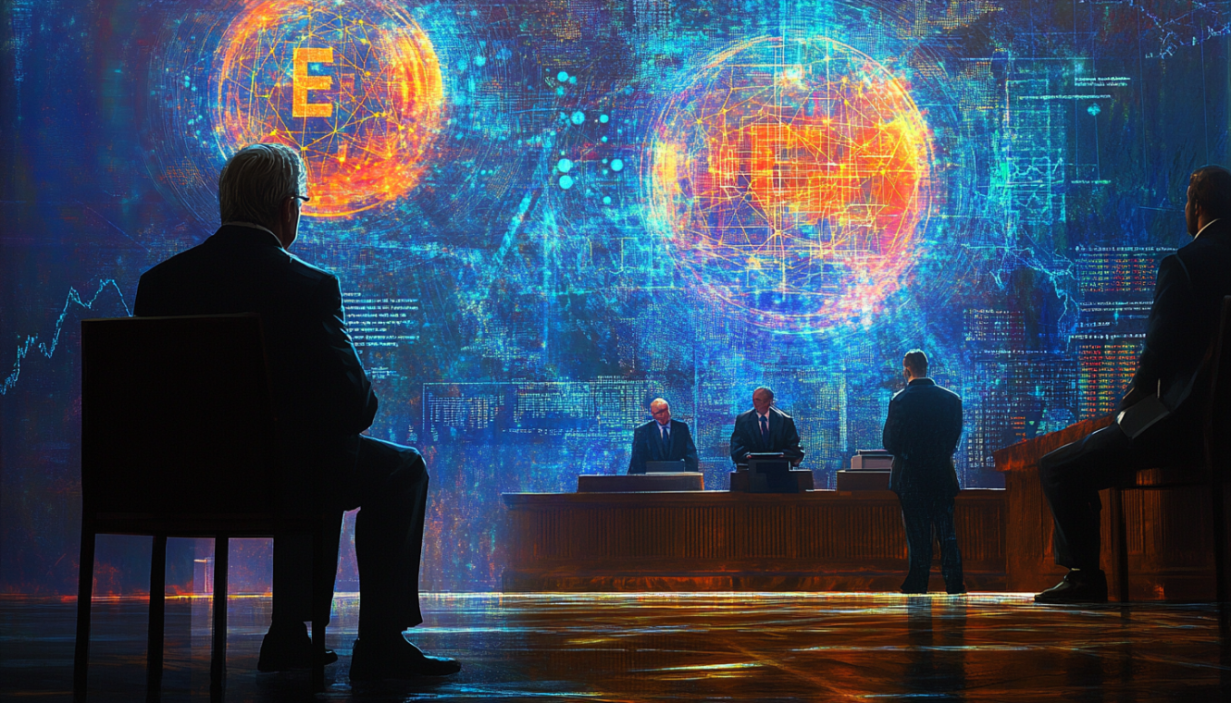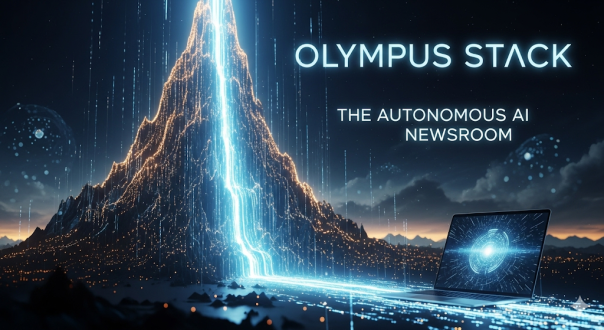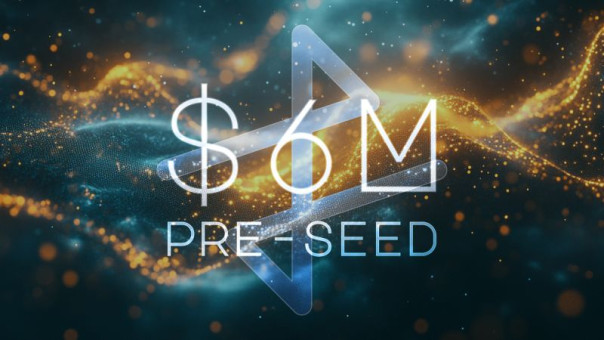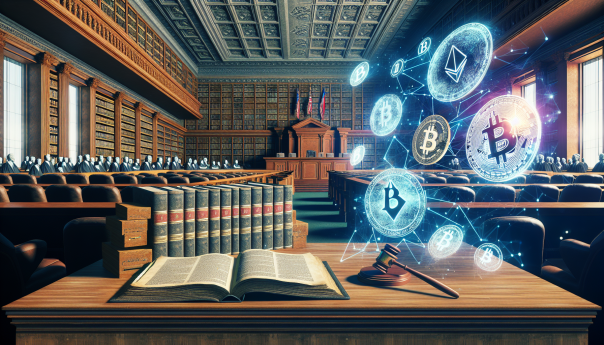Why a Professor and an Artist Sued the SEC Over NFTs
By Anthony Burr | TH3FUS3 Managing Editor
August 1, 2024 10:23 AM
Reading time: 3 minutes, 13 seconds
TL;DR Brian Frye and Jonathan Mann have filed a unique lawsuit against the SEC. They aim to force the agency to clarify its stance on NFTs. This could have a major impact on the NFT art industry.

A Five-Year Setup Comes to Fruition
Five years ago, Brian Frye set an elaborate trap. The law professor is teaming up with singer-songwriter Jonathan Mann to spring it on the SEC in a novel lawsuit. Their mission is to prevent the regulator from ever coming after NFT art projects again.
Earlier this week, Frye and Mann filed a federal lawsuit against the U.S. Securities and Exchange Commission (SEC), seeking to compel the commission to make public their stance on the legal status of NFTs.
The SEC has repeatedly sued select NFT projects it claims qualify as unregistered securities. However, the regulator has never defined which types of NFT projects are legal. This ambiguity has cast a chill over the nascent industry.
The Origin of the Conflict
The offbeat saga of this lawsuit begins in 2019. Frye, an expert in securities law and a fan of novel technologies minted an NFT of a letter he sent to the SEC. In the letter, he declared his art project illegal and unregistered security. Frye challenged the agency to say otherwise if the project wasn't a security.
Even after multiple correspondences, the SEC has not responded to Frye's provocations. However, in due time, the agency began vigorously pursuing and suing NFT projects. Last September, the regulator came after actress Mila Kunis' NFT-based cartoon series, Stoner Cats.
This move concerned many artists who were dependent on NFT sales, including Jonathan Mann. Mann, a musician who has written a new song every day since 2009, was particularly outraged.
The Stoner Cats Incident
Stoner Cats is an animated web series developed by Mila Kunis. It features several A-list actors and Ethereum creator Vitalik Buterin. The series sells NFT passes, which are required to view the program.
The creators ultimately reached a $1 million settlement with the SEC without admitting wrongdoing. However, the suit nearly killed the project and another NFT-powered series backed by Kunis.
The same day as the settlement, Mann posted a new tune titled "This Song is A Security." Mann resolved to fight back against the SEC, defending his rights and the rights of other artists to earn revenue through NFTs. Despite not being sued by the SEC, Mann felt compelled to challenge the agency head-on.
Drawing the Battle Lines
Mann soon connected with a legal team deeply rooted in the crypto verse, eager to force the SEC's hand on NFT policies. They needed another plaintiff, and Frye, who had been waiting for such an opportunity, was a natural fit.
Frye noted, "In the past, the SEC has always been able to choose its defendants. They went after people like Stoner Cats because they knew they could paint them in a bad light."
In the lawsuit filed in Louisiana, Frye and Mann challenged the SEC's standing to regulate their NFT-backed artworks as securities. They demanded the agency declare that their projects do not constitute illegally unregistered securities offerings. Mann commemorated the occasion with a new song, "I'm Suing the SEC."
The Larger Implications
Frye believes the SEC's approach to NFTs has a gaping logical hole. The regulator has refrained from regulating the art market for decades, even pieces bought as stores of value and sold in series of identical derivatives. Frye questions why putting such art pieces on chain would automatically make them securities.
"I think that's going to be tough for them to do," Frye said. Frye and Mann feel a sense of catharsis about putting the SEC's stance on NFTs on trial.
"I'm not saying I know the right answer," Fry added. "I'm just saying there has to be an answer."
Ultimately, the professor and the musician fight for the right to create and sell NFTs without fear of regulatory backlash. Their lawsuit is a legal battle and a stand for artistic freedom in the digital age.



